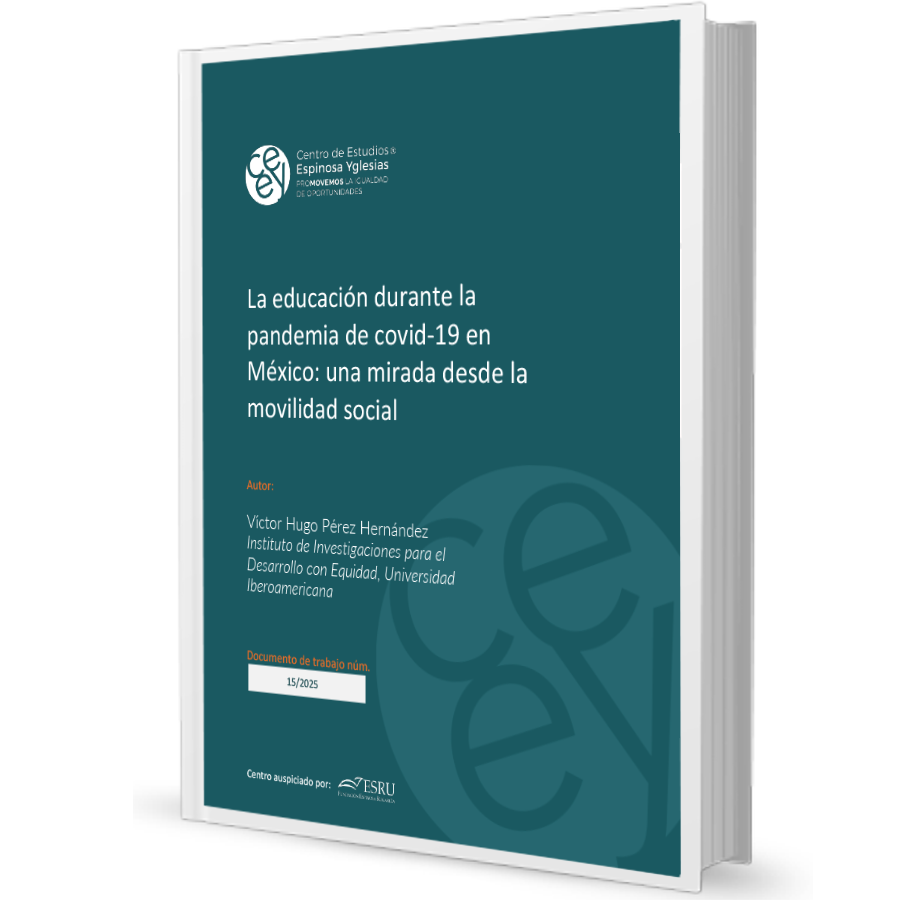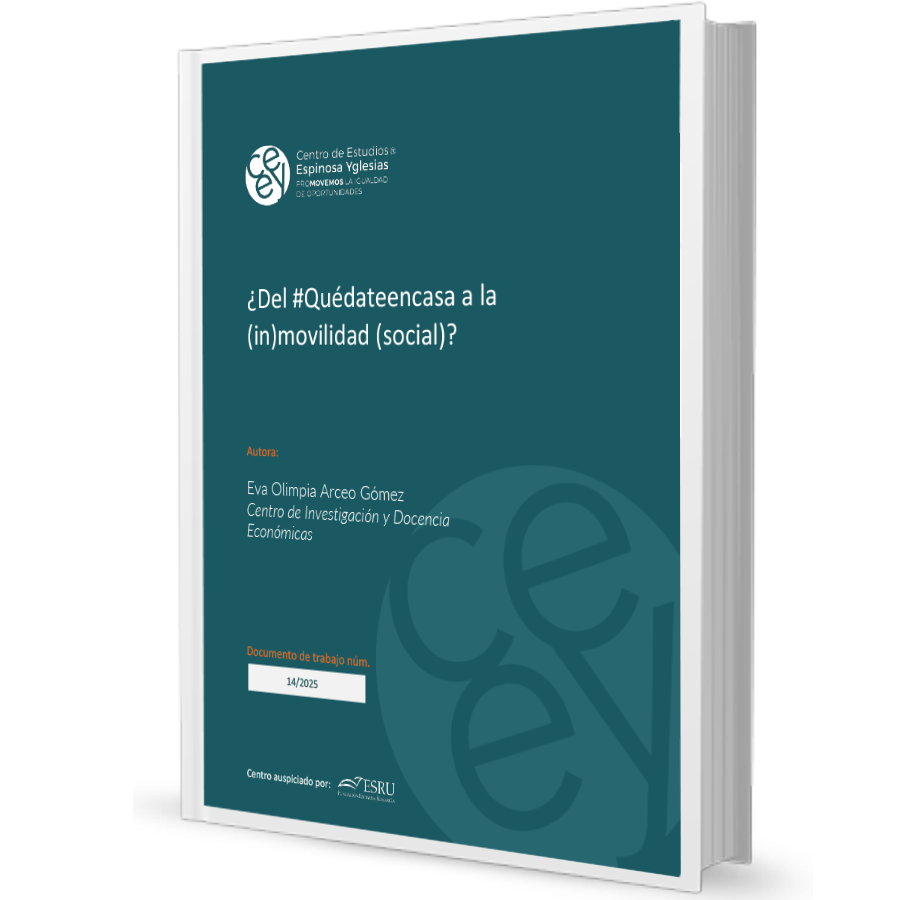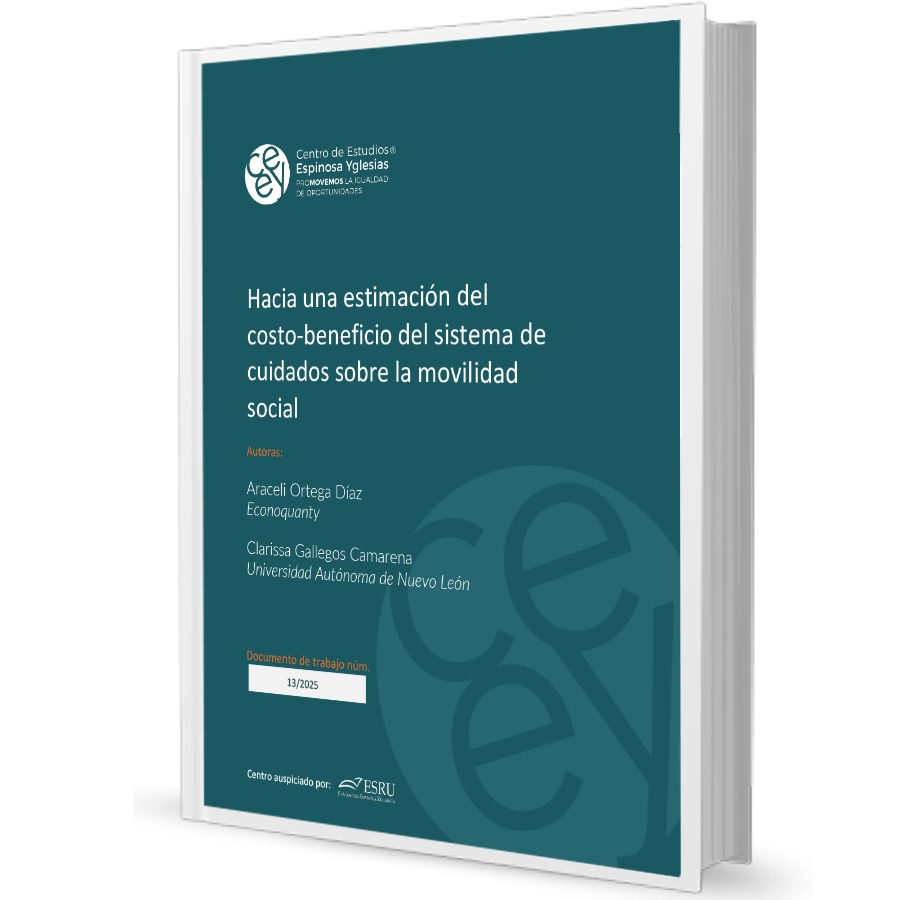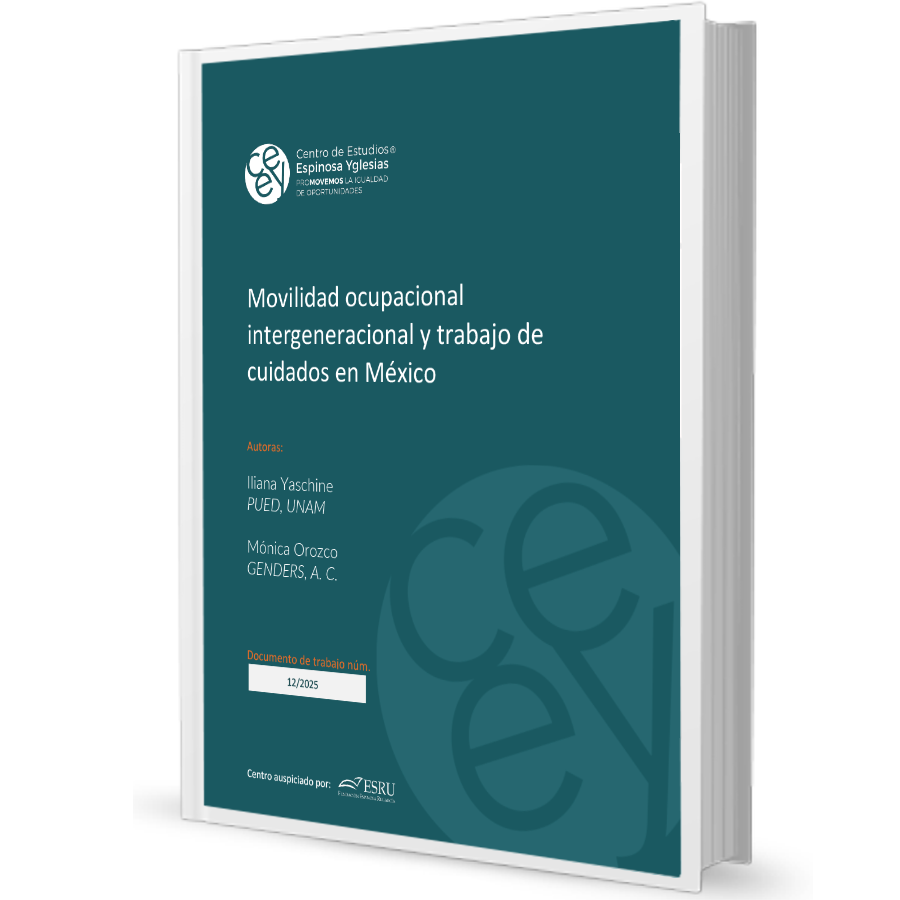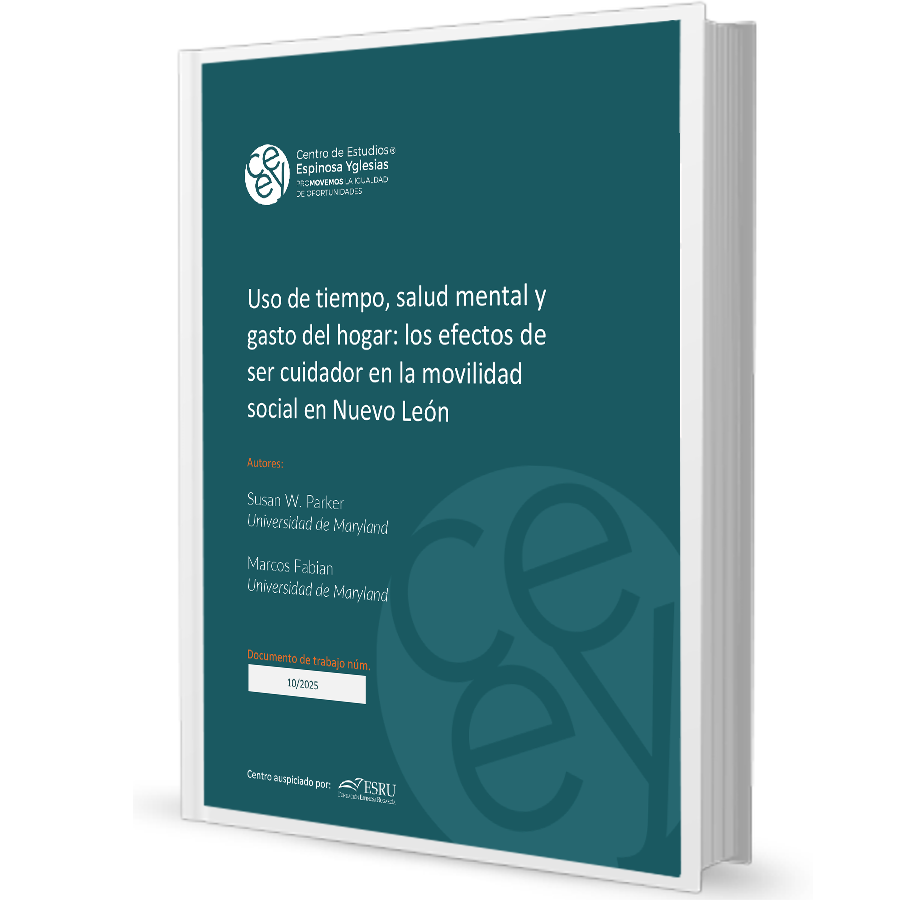
Pro-poor growth with limited intergenerational mobility: the case of overcrowding in Mexico
Gastón Yalonetzky
Documento de trabajo CEEY no. 04/2019
Renewed interest in social mobility and inequality of opportunity in Mexico has motivated a vast data collection effort in the 21st century. Based mainly on analyses of income, wealth, education, occupation and labour market participation, the ensuing generation of studies portrays a consistent picture of a highly stratified society with significant intergenerational inertias at the tails of the distributions. But how about other valuable, yet unexplored, dimensions of wellbeing, e.g. dwelling conditions? Should we expect similar patterns of social reproduction? This paper studies intergenerational mobility in overcrowding, a dimension of wellbeing whose importance for Mexican policy-makers is exemplified by its inclusion in the country’s multidimensional poverty index. Using a novel decomposition of absolute panel change into growth, structural mobility and exchange mobility components, we compute the change from parents to offspring in social welfare evaluation of overcrowding, intersecting age, gender and macro-regions; as well as age, gender and degree of urbanisation between generations. At all levels, we find that intergenerational average reductions in overcrowding in Mexico have also been pro-poor, although improvements in the mean amount to around 60% of total social welfare change. Meanwhile, the contribution of exchange mobility due to family re-rankings remains minimal, except among the youngest contemporary cohorts where it accounts for most of the inequality reduction component.

